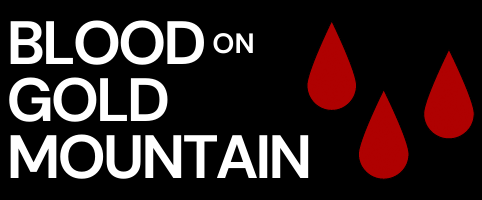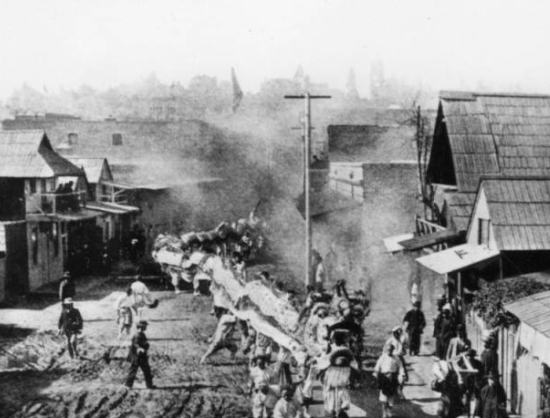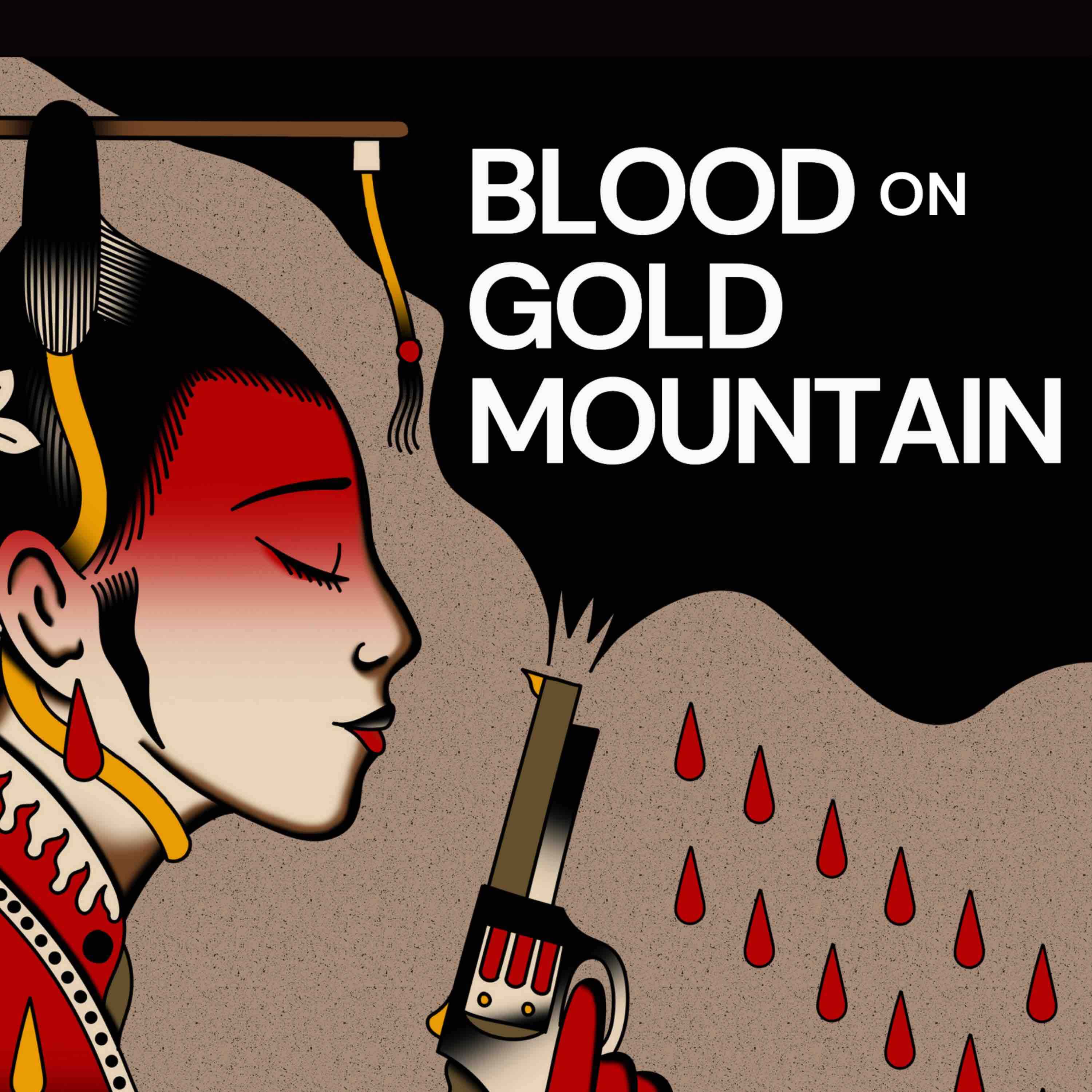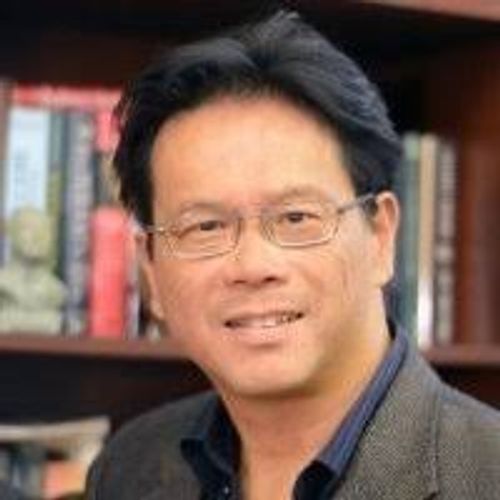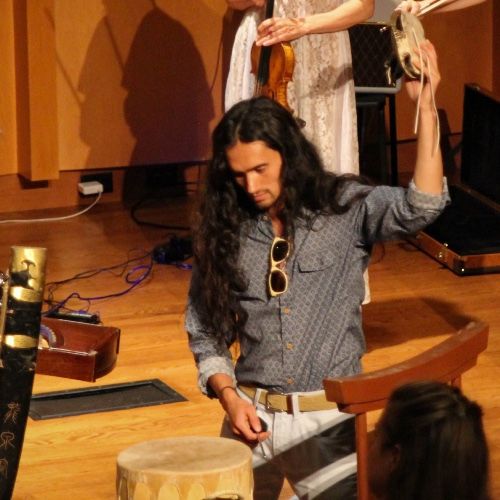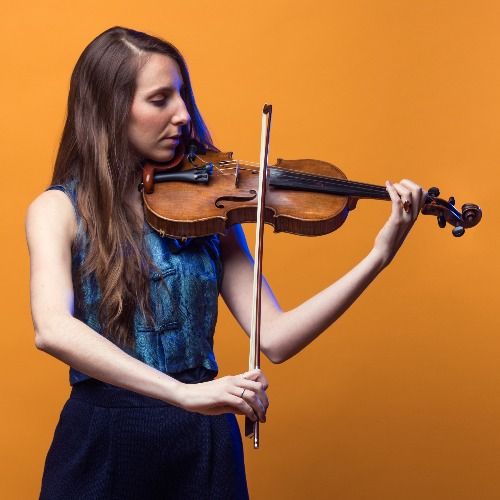Rebels
In some ways, one might think of this episode as containing our version of a land acknowledgement. Immigrants are always trying to listen to natives and learn from them, and I thought Yut Ho and Ah Choy deserved a chance to do so.
Indian Camp is a fictional waypost in the foothills of the coastal range near Big Sur. The Elder who dwells there is called only by his title, Haya, which is a transliteration of the Esselen word for “Father.” He is a member of the Esselen tribe who, like many other groups, received exceedingly brutal treatment from the governments of Mexico and then the United States as their ancestral home was conquered and fought over by the two imperial powers. They are still not recognized by the US government’s Bureau of Indian Affairs, but they are still here, and you can read more about them on the tribal web site https://www.esselentribe.org/history
Our group does not have any known association with the living Esselen or Olhone people. However, we have walked on their native land, drunk from the streams from which their ancestors drank, and worshipped the spirits of their homeland in foreign tongues. It behooves us to learn as much as we can about their history and culture.
California was and is home to a staggering diversity of indigenous cultures. In Los Angeles, the Tongva people are very vocal and active in the reclamation of indigeonous and pre-colonial history. The Tongva are a large, diverse group in themselves, and our group has worked with activists from Tongva communities on other projects. Another LA indigenous group is the Tataviam. UCLA has a very engaging interactive site with information on Indignous LA here: https://www.arcgis.com/apps/MapJournal/index.html?appid=a9e370db955a45ba99c52fb31f31f1fc
Yut Ho’s story is, in substance, historically accurate. The Taiping Rebellion was fought between the two Opium wars. It was a rebellion against both British and North-Chinese imperialism, and was spearheaded by the Hakka (or Kejia) tribes of the South-Chinese interior. The Huang Family is Hakka, and likely had members on both sides of the conflict. In many ways, the Taiping Rebellion foreshadowed the Communist uprisings of the 20th century in its ideology (populist egalitarianism) and scale (at least 20 million killed, which is comparable to the figure from World War 1.) However, it was far from the first Chinese rebellion against a hated imperial regime. China is huge, with an immense level of linguistic, cultural and ethnic diversity. Every time one group has conquered many of the others to form a dynasty, injustice and resentment have led to large scale rebellions. The Chinese Communist Party is only the latest wave of conquest to subjugate the entire region to the northern capital of Beijing. Their repressive policies are partly founded on fear of rebellion.
Yut Ho mistakes the Esselen elder for a Chinese elder for good reason: Native Americans and East Asians are closely related not only on a genetic level, but also culturally. Certainly, both my father and I are frequently mistaken for Indigenous men (at least, by indigenous people) but the connection is more than skin deep. During the years my father (that is to say, our narrator, Dr. Huang) spent studying traditional music with Tewa elder Peter Garcia in San Juan Pueblo, NM, he was struck again and again by the similarities in family structure, social etiquette, and mythology between the Tewa and our own Hakka/Baihue family. Mr. Garcia said that the Tewa were Turtle People (a trope also touched on by writer Sherman Alexie) and that long ago, in the old country, the Turtle people had lived alongside the Snake people, but the two groups had quarreled, and the Turtle People had come to this land as a result. Mr. Garcia was a skilled painter as well as a master musician. He gave me and my brother Jonah (5 and 2 at the time, respectively) special rattles made out of gourds, and painted with the mythical flying Snake of Tewa iconography. My parents still have one of them. It looks a lot like a Chinese Dragon.
Those who want to go for a deep dive into the cultural history of the pacific rim can find plenty of resources on waves of migration, cultural exchange and so forth. One of the most striking is the book “The Zuni Enigma,” in which author Nancy Yaw Davis explores the surprising connections between the Zuni and Japanese languages. https://www.publishersweekly.com/978-0-393-04788-2
Both Native Americans and Chinese people have been profoundly affected by colonialism and attempted colonialism. The results have been drastically different, but It felt right to give Yut Ho and the Elder the opportunity to muse about it together.
The Chinese Creator Goddess is sometimes called Nu-Wa. She really did make people out of clay on a river bank, but that was long ago, and in another country.
Except for when one of them (I’m looking at you, Ah Choy) is translating, the Characters are presented as speaking in Cantonese, rendered as an accessible, 20th-century English familiar to the listening public. So much for Historical Verisimilitude. Here is a basic lexicon for transliterated terms used in the story:
Gwailo: Translating as something like “ghost” or “foreign ghost,” it refers to western would-be-colonizers in China. Also used in the US, by such figures as that APB-busting superhero, Ghostface Killa.
Mei: a common Chinese diminutive for younger sister
Haya: anglicization of the Esselen word for Father
If you have questions, thoughts, your own family stories, or historical context to share, please send us a message at @bloodongoldmountain on Facebook or Instagram.
-----
Blood on Gold Mountain is brought to you by The Holmes Performing Arts Fund of The Claremont Colleges, The Pacific Basin Institute of Pomona College, The Office of Public Events and Community Programs at Scripps College, The Scripps College Music Department, and The Entrepreneurial Musicianship Department at The New England Conservatory.
Blood on Gold Mountain was written and produced by Yan-Jie Micah Huang, narrated by Hao Huang, introduced by Emma Gies, and features music composed by Micah Huang and performed by Micah Huang and Emma Gies. A special thanks to Sheila Kolesaire for her critical PR guidance, Muqi Li for her brilliant guzheng playing, Rachel Huang for her editing prowess, and Evo Terra from Simpler Media Productions for his immense expertise and support.
-----
More details at bloodongoldmountain.com
Transcript
Previously on Blood on Gold Mountain: Yut Ho arrived in California, and was reunited with her brother Ah-Choy. Yut-Ho learned how Ah-Choy became a fugitive after a fight over a gold-mining claim turned deadly. She also learned how dangerous American cities can be for immigrants, especially when those immigrants are women. Now Yut-Ho and Ah-Choy are on the road from San Francisco to Los Angeles, and have stopped for the night at a friendly house, nestled in the hills of California’s Central coast. This is Blood on Gold Mountain, Episode 2, Rebels.
Hao:It was getting dark when the carriage finally pulled up to a cluster of small, clean adobe structures nestled in the hollow of an enormous hill. The hill’s summit was gloriously back-lit by the metallic silver-blue of the coastal sunset, but when Yut Ho swung down from the carriage steps, she did so into deep shadow.
Yut Ho stretched her legs, which were cramped and stiff from sitting in the carriage all day, and looked around. Ah Choy was talking in the Gwailo language to a short, dark man in the fullness of a graceful old age. The stranger’s manner of dress was a cross between Gwailo style and something else. He looked like he could be an uplander from the interior of Guangdong province, or one of the Kejia tea sellers who used to come to the village once or twice every year before the war.
It was very quiet in the hollow, and the men’s voices echoed, sending fragments of harsh, guttural speech careening around Yut Ho’s head so that it felt like she was surrounded by ghosts.
After a short conversation, Ah Choy clapped the stranger on the shoulder and dropped a small leather pouch into his discreetly upturned Palm. “Come on, Mei,” he called, as he started toward the largest adobe building. “There's food for us inside!”
Yut Ho looked around once more. The quiet was so deep and gentle that it made everything seem vaguely significant and at the same time unreal, as if the slightest disturbance could sweep it all away like a dream. The driver, whose name she still did not know, had slipped away with the horses and was nowhere to be seen.
Back in the direction they had come, the hill’s blue shadow was advancing across the valley cutting the visible world in two like a Yin-Yang symbol: on the near side all was dark and quiet, but beyond the shadow’s edge the valley was bright and shining, all the way to the distant mountains whose snow-capped peaks shone brightest of all. Night was falling behind those shimmering peaks, but as she looked higher and higher she realized that the sky above and behind her was still bright with the afterglow of the newly departed sun, whose light faded into the distance by increments so fine and perfectly smooth that it was impossible to say where day ended and night began. Heaven, it would seem, was the opposite of earth in every possible way.
All of a sudden she felt cold. With a little shiver, she turned and hurried towards the door of the house, through which the light of a fire was softly glowing.
Food turned out to be stewed rabbit, served with small cakes with a nutty, medicinal flavor that Yut Ho immediately recognized as acorns. It was the best thing she had eaten in months.
“We ate a lot of these during the war,” Yut Ho explained to their host, dipping an acorn-patty into the aromatic rabbit broth. “The soldiers took all the rice away with them along with the metal tools, and the strong boys. Mother and Father used to complain, but I liked them. They give you strength, and they taste a whole lot better than pine bark or any of the other survival foods.” She popped the sodden patty into her mouth, and picked up her bowl to drink the broth.
“Soldiers,” said their host, and spat into the fire. “If the’re not killing you, they’re taking your food, or your land. Or your Children.” Ah Choy translated fluidly in both directions, even as he used his teeth to extract the marrow from a series of rabbit bones. Their host continued, “In my grandmother’s time, there were no soldiers. Just warriors, and not too many of those. Those were peaceful times. Can you imagine? You could walk from here to the eastern mountains without encountering anything worse than a few talkative Olhone! It was the white men who brought the Soldiers. When I was young, there were only a handful, but now look at them! More numerous than all the tribes put together, and multiplying every day, busy as gigantic ants with their steam and steel.”
Yut Ho was confused. “There used to be less Gwailo here? I thought that this was where the Gwailo came from.” The old man looked at her. Then he began to laugh, and his laughter was a terrible thing to hear. It reminded her of a man she had seen during the war, standing in the burned out husk of his cottage and laughing up at the sky. “You thought the white men came from here?! No one knows where the white men came from, but it certainly wasn’t from here; I should know! My people have been here since the beginning of the world, when the eagle found the first woman asleep in a stream bed. Some say the whites came from far away to the south, some say to the east, but it doesn’t really matter. They’re taking over the world. They come, grab everything they can carry, and kill as many of the people and animals as they can catch. Then they build one of their great big, ugly towns and start telling anyone left alive what to do. Is it any different in your country?”
Yut Ho was staring into the fire. “It was the Gwailo who brought opium to our shores,” she said slowly. “They traded it for tea and silk, and they paid good prices. Pretty soon there were opium addicts in even the poorest families. Crime increased, communities broke apart, and people were dying every day. Eventually the Emperor in Beijing found out about it, and tried to stop the opium trade. Maybe he was trying to save the people, or maybe he just wanted a cut of the profit. Either way, the Gwailo weren’t about to give it up. They took their big, metal-covered war ships and started bombarding cities and towns on the coast with cannon fire. It wasn’t long before the Emperor gave up.
After that, the Gwailo changed. They took over Hong Kong island, and turned its people into slaves. Now that they had control over the coast, they took their money north to other ports, where they could do business with the Emperor’s corrupt officials instead of local traders. The prices for southern goods collapsed. That was during our parents’ time.
Of course, it wasn’t long before the south rose up in rebellion. The Emperor was a northerner, a Manchu who spoke a different language, and whose capital was more than a thousand miles away. His defeat by the Gwailo showed how weak he was, and the people of the south took notice. Before long, a full-scale revolt was underway, led by a man called Hong Xiuquan, who claimed that he was the younger brother of the Gwailo’s God. Merchants who had lost out after the Opium war were quick to join his cause, as were the fierce Kejia tribespeople who nursed an ancestral hatred for northerners and the Emperor. However, food was scarce in those days, and many of the common people were attracted to the rebel cause simply because Hong Xiuquan promised that under his rule, not only food but all property would be held in common, and shared equally by everyone. He vowed to overthrow the Empire, and in its place, to set up a beautiful utopia called the Taiping Heavenly Kingdom.”
Yut Ho glanced over at Ah Choy. He was still translating, but his eyes shone as he stared into the fire. He had been a child when the rebellion broke out, and had been so captivated by the Taiping promise of freedom and equality that he had run away from home at age 15 to join the rebel army. Yut Ho had been 9 at the time, and did not share his idealistic views. 10 years had passed since then.
“At first, the rebellion had tremendous success,” Yut Ho continued. “They took the south by storm, and established their capital at Nanjing, 700 miles to the north. From there, their plan was to march on Beijing itself, but the rebel leaders began fighting among themselves, and soon the entire movement began to fall apart. The Emperor, who had run out of money and run out of options, joined forces with the Gwailo, who agreed to train and equip a peasant army for him. There was just one condition: The new force was to be commanded by a Gwailo General. They swept through the country, along with a horde of Gwailo mercenaries and the half-starved remnants of the Imperial army, raping and pillaging as they went. Any able bodied man who resisted was executed on the spot as a rebel and a traitor. My brother and some of his rebel comrades made it back to our village in time to warn us of what was coming, but that was all they could do. They were outnumbered, and they fought in the old way with swords and spears. The Gwailo and their imperial allies had guns, and cannons. My parents and I fled to the city of Guangzhou, picking our way through burned-out villages in the night. Ah Choy knew that to stay in China would be a death sentence for him. He robbed a convoy of luxury goods intended for the Gwailo in Hong Kong, and took ship for Gold Mountain.”
The fire crackled and hissed. There was plenty more that Yut Ho could have told them about her time in Guangzhou. The suffocating crowds. The hellish reek that pervaded the thorny field in which her family and a thousand other refugees from the countryside were camped. The hunger. Once, as she was returning to camp with a bag of stale buns, a teenage boy had run up and seized them, knocking her to the ground. Another time, a drunken man had followed her back to camp, only skulking off when her mother and father came rushing out of their tent with the precious metal knives that they had saved from their cottage before abandoning it. In the slums of Guangzhou, there were no acorns or pine bark for forage, and no fish to be caught in the filthy, stinking waters. Ah Choy had sent money as often as he could, but there was never enough food. Her parents would look at each other and say “we’re not hungry,” and Yut Ho would eat whatever meager portion there was, torn between equally overwhelming feelings of gratitude and shame. Eventually her parents grew so weak that they were unable to get up from the pile of rags in which they slept. “It’s alright,” they told her, in voices as thin and brittle as rice paper. “Really. We’re not hungry. At this point, food would just kill us anyway. Go away from this place, it’s bad for your health. Go and live! Go to Gold Mountain, like your brother, and find out if there is a place where people like us can exist without worrying about wars, or famines, or Emperors.” She had nodded, and promised them that she would, and she had kept her promise, but she had stayed long enough to burn their bodies on a fire of stolen scrap wood, down by the banks of some nameless canal.
Outside in the darkened hollow, the silence was so deep that it seemed to press in on all sides, seeping through the walls and insinuating itself into the very bones of the two travelers and their host. Only the fire seemed to offer any resistance, throwing long streaks of flickering light and shadow, and punctuating the quiet with small, explosive cracklings of defiance. At last, their host shifted his weight, and spoke. “So. The white men came and drove you from your home, where your ancestors died and where the very earth is as one with your people.”
Yut Ho nodded. “Where the creator goddess formed our people from the brown clay of the riverbank,” she replied. “Yes.”
“And now,” The old man continued, “you have come across the sea on one of the white man’s great big, steam-powered, what did you call them? ‘Metal-covered ships,’ and you have arrived on the land where my people have dwelt since the beginning of the world. If I had known about your country on the far side of the sea, perhaps I would have fled there a lifetime ago, when I still had a family to save. That would have been foolish. Out of the frying pan, into the fire, as the white men say. I wonder, child; what did you expect to find here? Safety? Hardly. Prosperity? Perhaps. A better life? That doesn’t sound like it should be too difficult. And yet...” He trailed off, and Yut Ho was suddenly uncomfortably aware of just how young she was. She felt as though she had unwittingly stumbled into the middle of a very long, quiet story and had made a scene.
Ah Choy stretched, and stood up. His head brushed the ceiling of the old man’s house, and his shadow seemed to cover an entire wall in darkness.
“Haya, We’ve kept you up much too long. Thank you for your hospitality; we must go now and sleep. We leave early, with the sun, as usual. We go south, but I am expected back in San Francisco in a week’s time. May I stop here again on my way back?”
The old man chuckled. “The Condor warrior is always polite to his elders. Yes, you can stop here on your way back, you are always welcome here. You remind me of my son, before they took him away to the Indian School. And as for you, young lady,” he looked Yut Ho straight in the eyes, and for a moment she imagined that she could be looking at her own father, in some other world where he had lived to reach old age. “I hope…” the old man sighed. “I don’t know how likely it is that you’ll find whatever you’re looking for in this country. But whatever it is that you do find,” He smiled a smile that was as sad as his laugh, but sweet instead of bitter. “I hope that it makes you happy.”
Ah Choy translated, and Yut Ho Stammered her thanks, but the old man had turned away from them and was staring into the fire, alone with his thoughts in the silence.
Emma:If you enjoyed the show and want to hear more, tell us in a review, and become one of our community backers at www.bloodongoldmountain.com/support. Remember to follow us wherever you listen to podcasts, and reach out with thoughts and questions on Instagram and Facebook at Blood On Gold Mountain. Episode 3, “The Widow,” will be released on Wednesday April 21st. Blood on Gold Mountain is brought to you by The Holmes Performing Arts Fund of The Claremont Colleges, The Pacific Basin Institute of Pomona College, The Public Events Office at Scripps College, The Scripps College Music Department, and The Entrepreneurial Musicianship Department at The New England Conservatory. It is hosted by Hao Huang, Micah Huang, and Emma Gies, featuring original music by Micah Huang and The Flower Pistils. A special thanks to Sheila Kolesaire for her critical PR guidance, Rachel Huang for her editing prowess, and Evo Terra from Simpler Media Productions for his immense expertise and support. Thanks for listening and see you next time.
